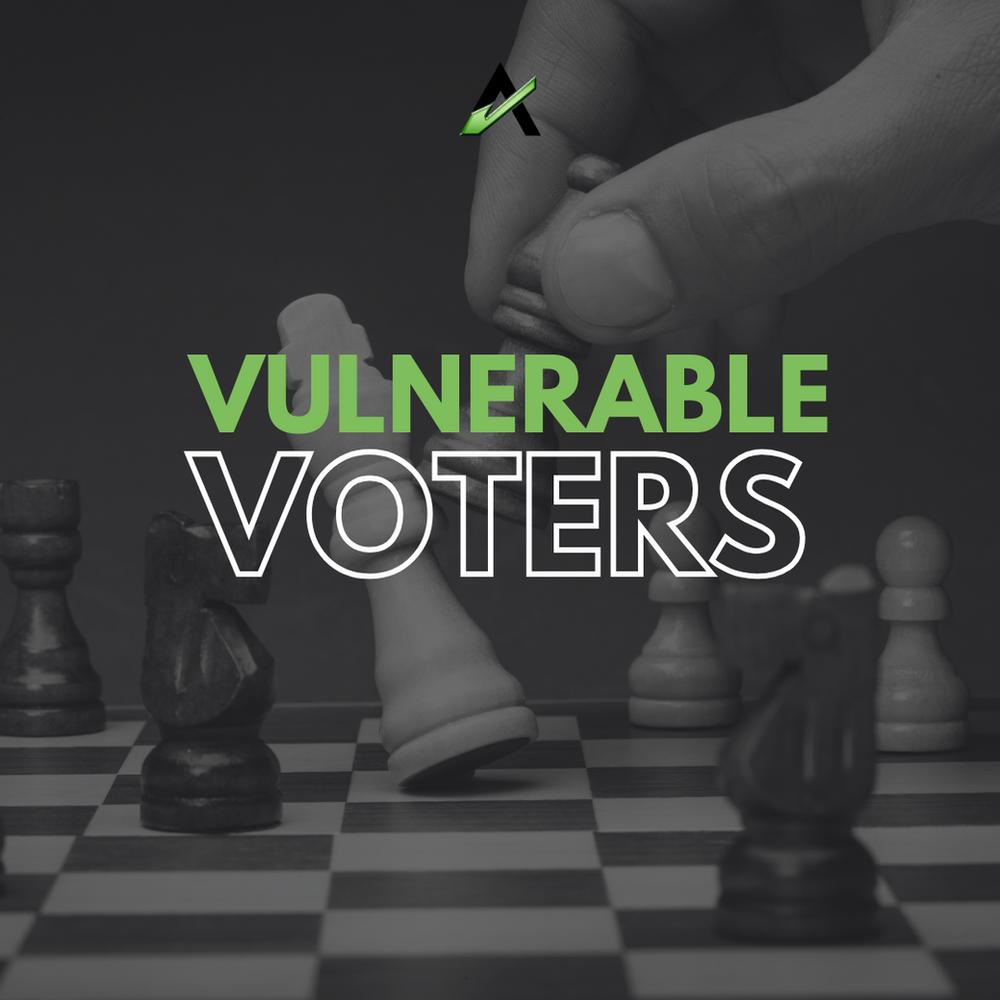For voters, the only way to ensure safety, security, and secrecy is to vote in person, inside the polling place. Any other voting method ,,leaves voters vulnerable to coercion, manipulation, and vote harvesting. For their own protection, all voters should endeavor to vote inside the polling place unless they absolutely need another method.
The Texas Election Code is filled with laws concerning the conduct of in-person voting. Many of the polling location setup requirements were established with the protection of the voter in mind. Electioneering cannot take place within the polling place or within 100 feet of the entrance. Individual voting booths protect the secrecy of the ballot. If voters need assistance, those assistants must identify themselves and provide their information.
Overseeing the whole process is a presiding judge. Section 32.075 of the code states that the “presiding judge has the power of a district judge to enforce order and preserve the peace, including the power to issue an arrest warrant.” This is so the judge has the power to protect the voter.
Stolen Votes Disguised as Assistance
Voting by mail does not have any of the security of the polling location. Ballots travel through many hands before even reaching the voter, if they reach the voter at all.
Vote harvesters, known in south Texas as “politiqueras,” are hiding in plain sight. Some are active community members, faces people may recognize when they knock on the door offering assistance. The same person will typically harvest the same area each election, getting to know their targets.
Typically, those who are most vulnerable to ballot-by-mail harvesters are the elderly, the permanently disabled, citizens who speak English as a second language, and those who cannot read or write.
The ballot-by-mail process is complicated. There are several steps. First, the ballot must be completed, and some vulnerable voters may struggle. At home, there aren’t trained election judges and clerks who can assist or ensure that the assistance provided is not coerced or deceptive. Then the ballot goes into a security envelope that then goes into a carrier envelope that must be signed and properly completed, or the voter’s ballot may be rejected. The whole packet does come with instructions, but our most vulnerable may still struggle.
It is easy to see how nefarious people could take advantage of the vulnerable and offer assistance that comes with a price. The friendly harvesters offer to help the voters through the confusing process and complete the ballot. Some sit with the voter, chatting through the task; others just take the ballots and say they will complete them later and send them in. One would like to think that the harvesters fill out the ballot exactly how the voter instructed, but sadly, this is not typically the case. The nefarious harvesters are paid by candidates or consultants to fill out the ballot to favor their cause.
A ,,survey showed a shocking number of people admitted to some form of ballot by-mail fraud in the 2020 election, and these are just a small percentage of people willing to admit it. It is doubtful that those involved in ballot harvesting schemes responded to the survey.
Harvesters target these vulnerable populations and silence their voices by stealing their votes. Activists and advocates can truly help these vulnerable voters by encouraging them to vote in person, inside the polling location, if they are physically able to do so. If they must vote from home, educate them on the dangers of allowing strangers to assist with their ballots. If they need help, it is best to call their county’s elections office, a trusted friend, or a family member. You can also send them a copy of this ,,Quick Guide to Voting by Mail.
Election integrity is all about protecting the voices of the voters. Each eligible voter must be able to cast a vote that isn’t stolen or canceled by another vote that was stolen. Voting by mail should be restricted to only those who truly need it for their own protection.

